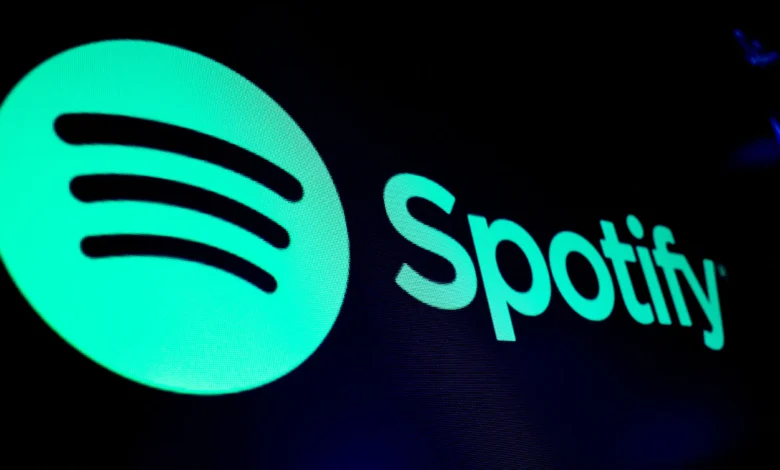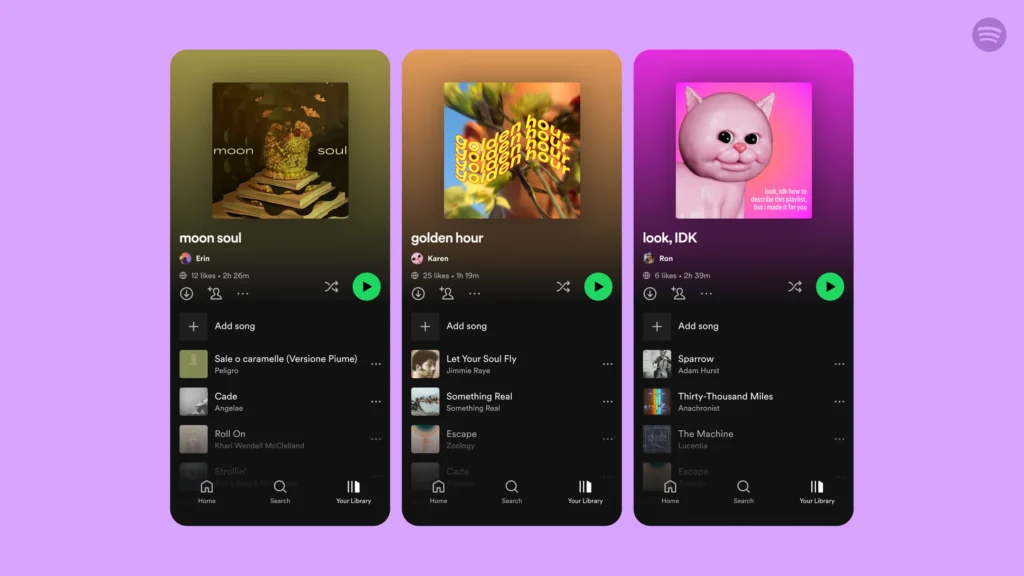How Spotify Revolutionized the Music Industry: Lessons in Innovation and Disruption

How Spotify Revolutionized the Music Industry: Lessons in Innovation and Disruption. Before Spotify, the music industry faced rampant piracy, declining physical sales, and a business model struggling to adapt to the digital age. The rise of streaming transformed the landscape, and at the heart of this revolution was Spotify. Founded in 2006 by Daniel Ek and Martin Lorentzon, Spotify disrupted traditional music consumption, offering users unlimited access to millions of songs while ensuring artists and record labels could still generate revenue.
This article explores the key strategies and turning points that helped Spotify become the world’s leading music streaming platform, offering valuable lessons for entrepreneurs looking to build disruptive businesses.

Spotting a Problem and Creating a Solution
The early 2000s saw a surge in illegal file-sharing services like Napster and LimeWire, leaving the music industry scrambling for solutions. Spotify emerged with a model that balanced consumer demand for convenient, affordable access to music with the need for fair compensation for artists and rights holders.
Spotify’s freemium model—offering free ad-supported streaming alongside a premium subscription—allowed users to access music legally while creating a sustainable revenue model.
In South Africa, where piracy also posed a challenge, Spotify’s entry into the market provided music lovers with a legal alternative to accessing local and international hits.
Lesson: Disruptive businesses identify pain points in the market and craft solutions that satisfy both consumers and stakeholders.
Strategic Licensing and Industry Partnerships
Spotify’s success hinged on convincing record labels and artists to adopt a streaming model. Initially, the industry resisted, fearing revenue loss. However, Spotify’s data-driven insights and revenue-sharing model eventually won over key players, enabling it to build an extensive music library.
By securing licensing agreements with major labels and independent artists, Spotify created an unparalleled catalog, though some artists have protested its royalty structure, arguing that payments per stream are too low.
In South Africa, artists like Emtee, Sho Madjozi, and Nasty C have leveraged Spotify’s platform to reach international audiences, gaining exposure through curated playlists and algorithm-driven recommendations.
Lesson: Building strong partnerships is essential when disrupting traditional industries. Aligning incentives with key stakeholders fosters long-term success.

Leveraging Data and Personalization
Spotify differentiated itself by utilizing data analytics to enhance user experience. Features like Discover Weekly, Release Radar, and personalized playlists demonstrated how machine learning and user behavior analysis could drive engagement.
By offering curated recommendations, Spotify kept users engaged, increased retention rates, and solidified itself as more than just a music player—it became a personal DJ for millions.
In South Africa, curated playlists like “Africa Now” and “SA Hip-Hop” have played a crucial role in promoting local talent and exposing listeners to emerging artists.
Lesson: Personalization and data-driven decision-making can create customer loyalty and increase user engagement.
Global Expansion and Market Adaptation
Spotify didn’t limit itself to Western markets. Recognizing the potential for global adoption, it expanded strategically into regions with high music consumption, tailoring its offerings to local preferences.
In South Africa, Spotify entered a market dominated by other streaming services like Apple Music. To compete, it offered region-specific promotions and highlighted local genres like Amapiano, which saw explosive growth on the platform.
Lesson: Global businesses must adapt their offerings to local markets to drive adoption and engagement.
Overcoming Challenges: Artist Payouts and Competition
As Spotify grew, it faced criticism over artist payouts, with some musicians arguing that streaming royalties were too low. The company responded by introducing new revenue streams, such as direct artist monetization, exclusive releases, and heavy investments in podcasts.
Moreover, competition from Apple Music, Amazon Music, and YouTube Music forced Spotify to continuously innovate, introducing features like lossless streaming, social sharing, and live audio experiences.
In South Africa, independent artists have voiced concerns over streaming payouts, but many still recognize the value of the platform in reaching new audiences beyond traditional radio or television exposure.
Lesson: Navigating criticism and competition requires continuous innovation and adaptation to market demands.

Key Takeaways for Entrepreneurs
- Identify and solve major industry pain points – A successful business addresses a clear market need.
- Balance consumer needs with industry sustainability – A win-win business model fosters long-term viability.
- Use data-driven insights for personalization – Enhancing user experience boosts engagement and retention.
- Expand strategically with localization – Global growth requires adapting to local consumer behavior.
- Continuously innovate to stay ahead – Responding to competition and criticism with new solutions ensures sustained success.
Conclusion: The Future of Spotify and the Music Industry
Spotify transformed music consumption and set a precedent for digital content distribution. As the platform continues to evolve with AI-driven recommendations, podcast dominance, and potential integrations with emerging technologies, its impact on the music industry remains unparalleled.
For entrepreneurs, Spotify’s journey highlights the power of disruptive innovation, adaptability, and customer-centric strategy. By identifying industry pain points and leveraging technology to create scalable solutions, businesses can redefine entire markets and build enduring success.


